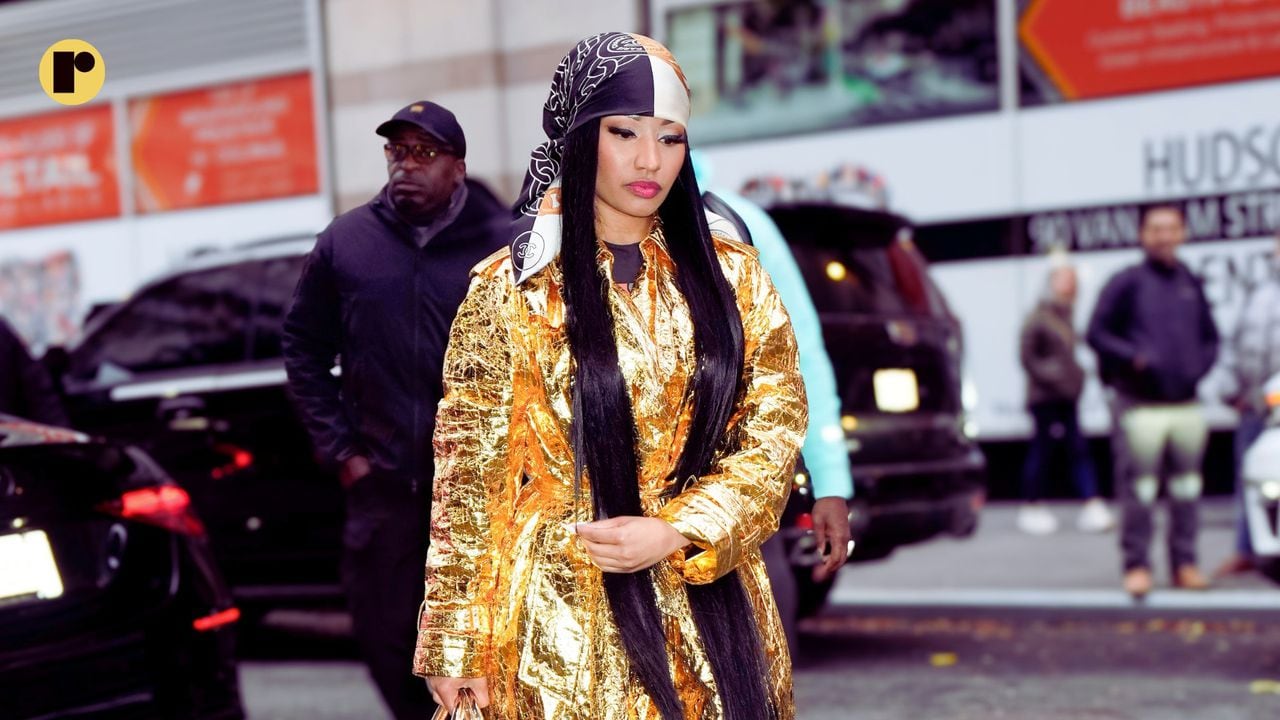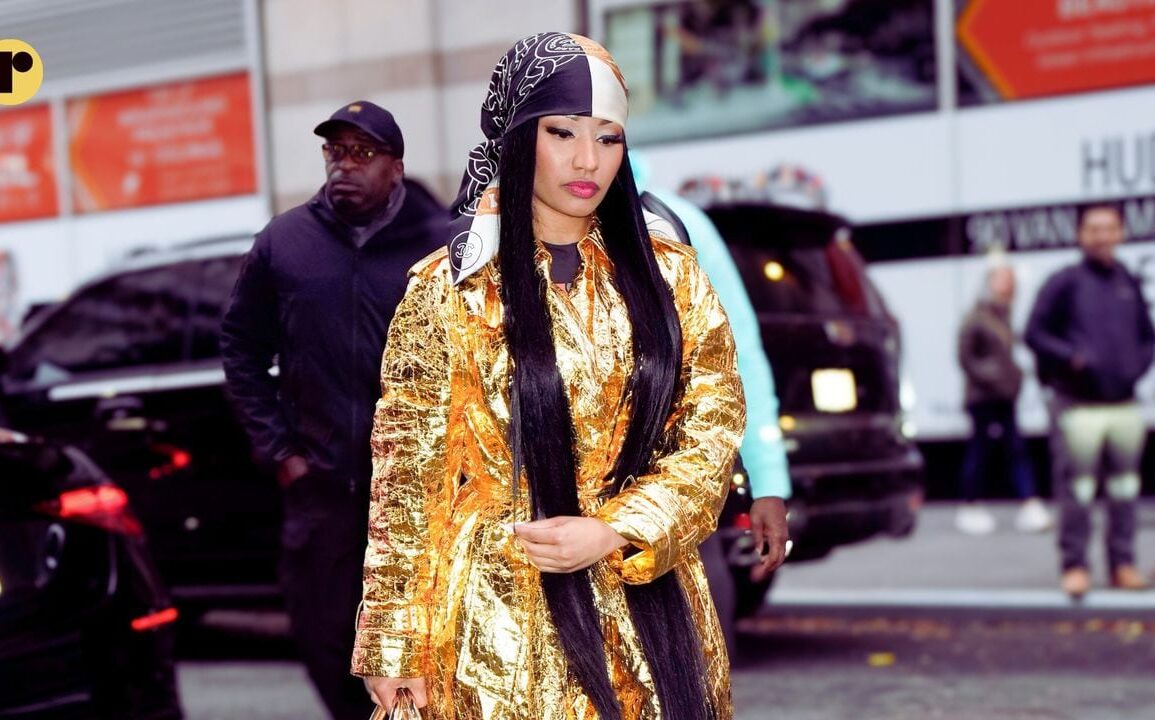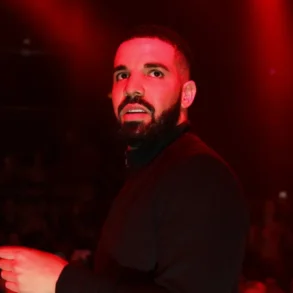
Rapper Nicki Minaj’s first solo single, “Your Love,” was released in June 2010. Since then, the “Queen of Rap” has earned numerous accolades, including 12 Grammy nominations and having 23 Top 10 hits on the Billboard Hot 100. On Dec. 8, her 41st birthday, Minaj released her fifth studio album, “Pink Friday 2,” which broke the record for “biggest debut for a female hip hop album in Spotify history,” according to X user Chart Data.
Despite her successful career, Minaj and other female rappers like her have always had to deal with the issue of ageism differently than their male counterparts, rapper Dr. Suga-T Stevens, best known as SUGA-T, told EIN Presswire on Nov. 9.
There is a different level of respect that is shown to female rappers when compared to their male peers.
“Aging (male) rappers are usually respected. Aging pop/rap female artists are taken out to pasture to die,” X user MissZindzi said in a post from Dec. 2014. Nevertheless, Minaj and older female rappers such as Lauryn Hill and Eve are showing that there can be longevity in this career, according to experts.
Minaj and other “GOATS” in female rap
When it comes to how and why Minaj has been able to maintain relevance for decades, San Francisco State University sociology professor and hip-hop author Andreana Clay cites a combination of factors, from her lyricism to her branching out to the fashion industry.
Regardless of their cultural impact, female rappers have to work harder while receiving less money than their male counterparts.
Specifically referencing the West Coast, “the older men in Hip Hop reap far more benefits than the older women in Hip Hop,” Stevens told EIN Presswire. “Us who raise generations, take on real women’s responsibilities, keep balance and messages of content that bring other views, are needed as Big Mommas and Aunties in the Hip Hop Rap Game.”
Other female rappers that Clay also feels have remained public figures in rap include MC Lyte, Queen Latifah and Missy Elliot, who was inducted into this year’s Rock and Roll Hall of Fame at 52 years old.
Referencing the Dec. 10 “GRAMMY Salute To 50 Years Of Hip-Hop,” Clay said that “Queen Latifah went off and did so many other things. But I think [during the show] last night, she still demonstrated that she’s an entertainer that could still rap. I do think with Lil’ Kim, people are excited to see her perform. I think Noname has a particular audience and is and is able to do more than just rap.”
Despite their impact, however, female rappers are looked at differently once they begin to get older, as seen on social media.
What hurdles do aging female rappers face?
Ageism, or the “stereotypes (how we think), prejudice (how we feel) and discrimination (how we act) towards others or oneself based on age,” according to the World Health Organization, can affect both men and women in the rap world.
For instance, podcaster DJ Akademiks in a 2022 rant on Twitch said “Them old rappers, man. Have you seen any of these old rappers who be like, yo, they’re the foundation of Hip Hop really living good? They be looking really dusty, I kid you not.” Rappers such as LL Cool J responded to the comments, stating “Let me explain something to you: Don’t think just because somebody knows how to get money — or fails to get money — that they didn’t make a contribution to the culture.”
Older male artists such as Jay-Z, who released his 13th album 4:44 in 2017 at the age of 48, are still dropping projects with critical acclaim. However, female rappers are not afforded this same luxury, according to Substack content creator A-Side/B-Side.
“Male artists over the age of 35, including 2 Chainz, Freddie Gibbs, Royce da 5′9, and Roc Marciano, are also achieving new and continued success, leading some to believe that age is no longer a factor in hip hop. But this is a shortsighted understanding; ageism still prevails. Men may have been able to eclipse it, but women in hip hop are still obscured by it,” they said.
With women specifically, there is an emphasis in rap culture on focusing on younger talent and pushing older artists to the back, according to Dr. Stevens.
For instance, younger rappers such as Sexxy Red, Ice Spice, and Flo Milli have been leading the rap game this year.
“Wisdom is celebrated in many cultures and Hip Hop seems to be the only industry that continues to push the cycle of youth being the head and the older that you get the more you become buried,” Dr. Stevens said to EIN Presswire Nov. 9.
About 54% of those ages 20 to 24 that were surveyed in a 2018 Statista study found that hip-hop/rap is their favorite genre. According to Forbes, 84% of those ages 18 to 29 that were surveyed use at least one social media site. These younger demographics being able to share, discuss and promote both positive and negative feedback artists such as Minaj has become very influential, according to an 2021 XXL article.
Social media has a direct effect on the discovery of new music, promotion and its sales, whether it’s positive or negative, according to a 2023 blog post by Yellowbrick. For example, male rappers who are parents like Drake are praised for basic parenting duties while pursuing their career. Meanwhile, female rappers like Minaj are told to give up on rap and be a full time parent instead, as seen in a Dec. 8 post by X user BasharVoice.
“This is one of the worst albums this year, Nicki Minaj you a legend and allat but it’s time to take care of your kid and help him with homework, you’re 41 years old and you did everything for the culture, but do us a favor Nicki, put the mic down. Thank you for everything,” BasharVoice said.
In the midst of the negativity, Minaj’s fans, known as the “Barbz,” have come to her defense online about her new work.
X user EdoVibeQueen in a post the same day said that “Nicki Minaj must keep rapping till she is old and gray please, nobody is a worthy replacement yet.”
Everyone now feels as if they are an expert in rap, according to Clay. Due to this, not only is how rap is consumed evolving, but the music that is being put out in the first place.
There is more of a focus on getting a song that is viral than ever before, a 2020 article from CallingAllGigs shared. This can be seen even with the song “Everybody” from “Pink Friday 2,” which has had over 4,000 posts on Tiktok in the last seven days. Being able to make music that is relatable to these younger audiences might not have been her best work, but it helps maintain her status, Clay said.
Fighting back against the ageism
The issues of ageism and sexism in hip-hop and beyond are not an easy fix. For example, 72% of women surveyed by AARP between the ages of 45 to 74 in 2017 think that ageism is still an issue in their workplace. Nevertheless, the first steps that Clay feels can happen is women supporting other women in the industry.
“For all of us, it has to be that old sort of feminist stance of likes, not just supporting other women because that’s been commodified and commercialized, but really sort of turning to other women. There was a way that all of those rappers and all the women just seem to really get it in terms of standing up and with and for other women. I think we have to look to each other,” Clay said.
There are numerous instances of Minaj showing support to older female rappers that have paved the way, from Lauryn Hill to Trina. When it comes to her music, Minaj, according to the “Barbz,” is still one of the strongest rappers in the game despite her age.
“‘Pink Friday’ — there’s no way to really argue with that in terms of her prowess, skill, lyrics, flow, and ability to take on different personas,” Clay said.
This post was originally published on this site be sure to check out more of their content.









